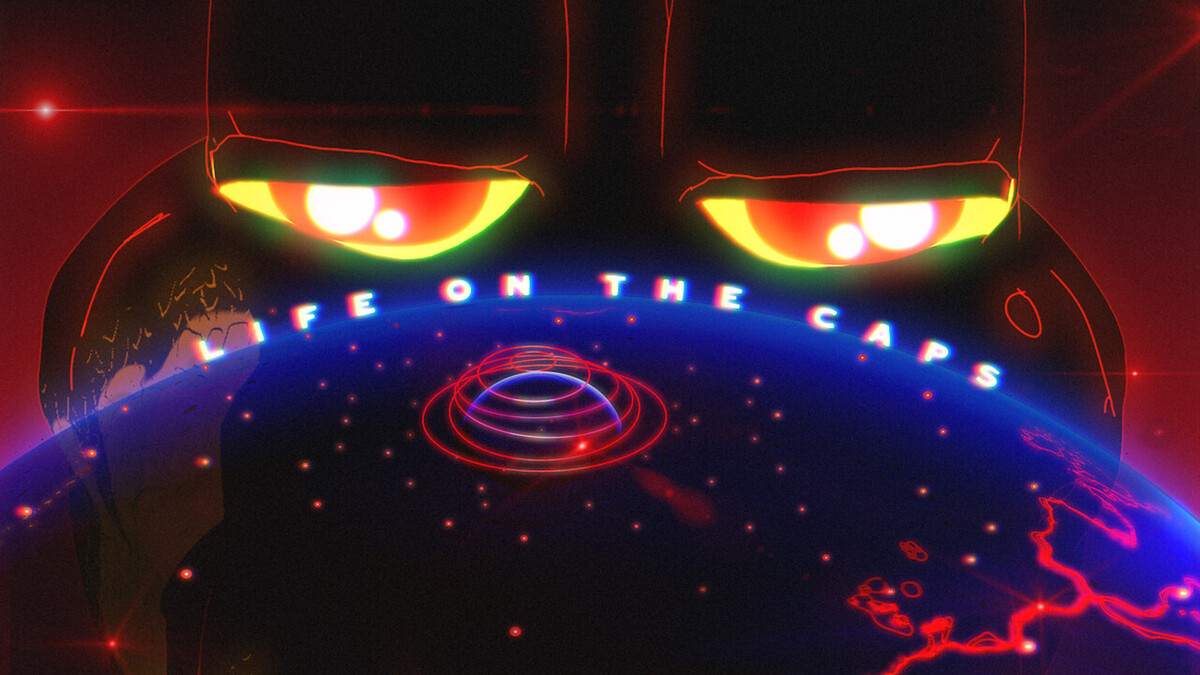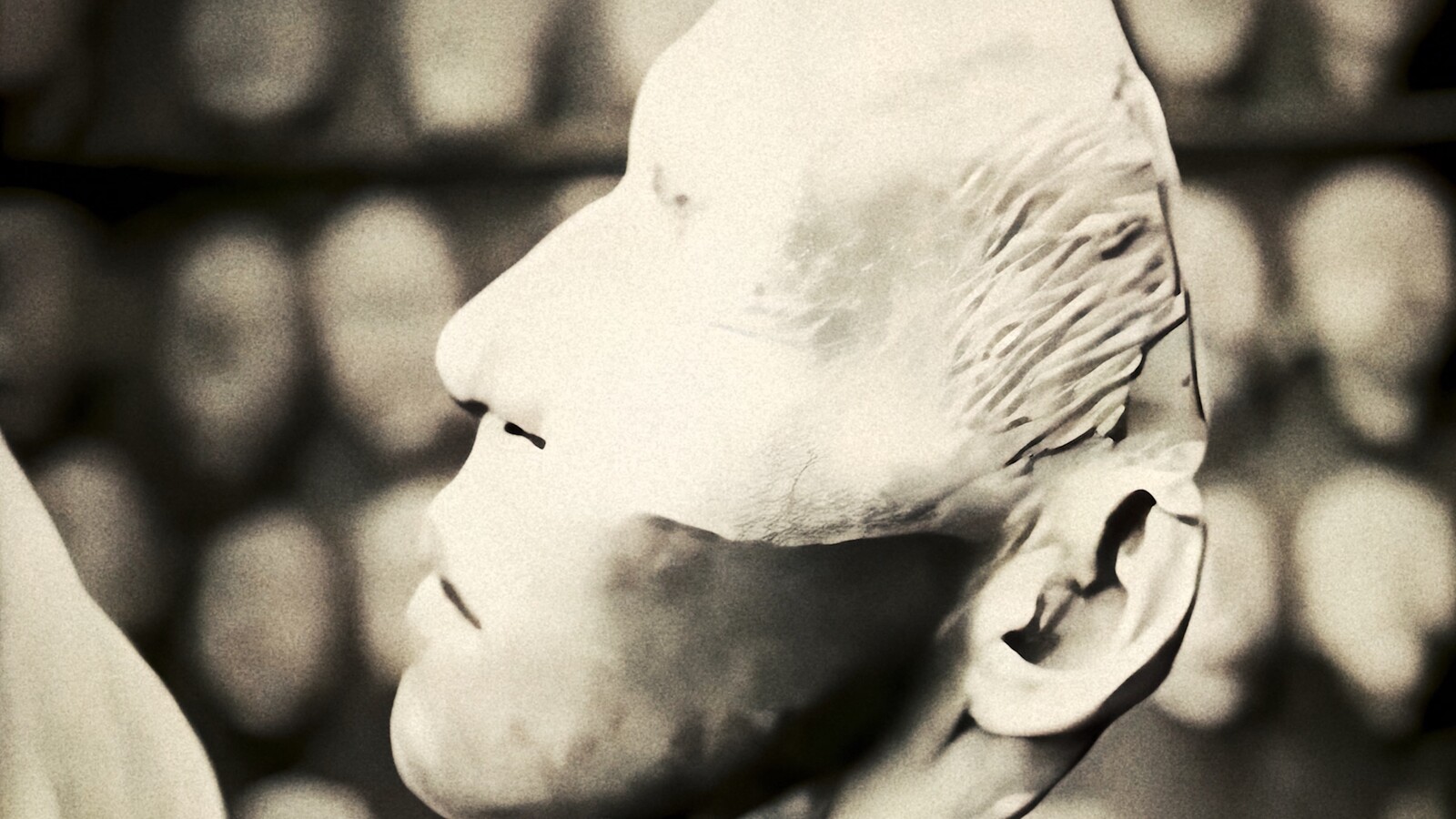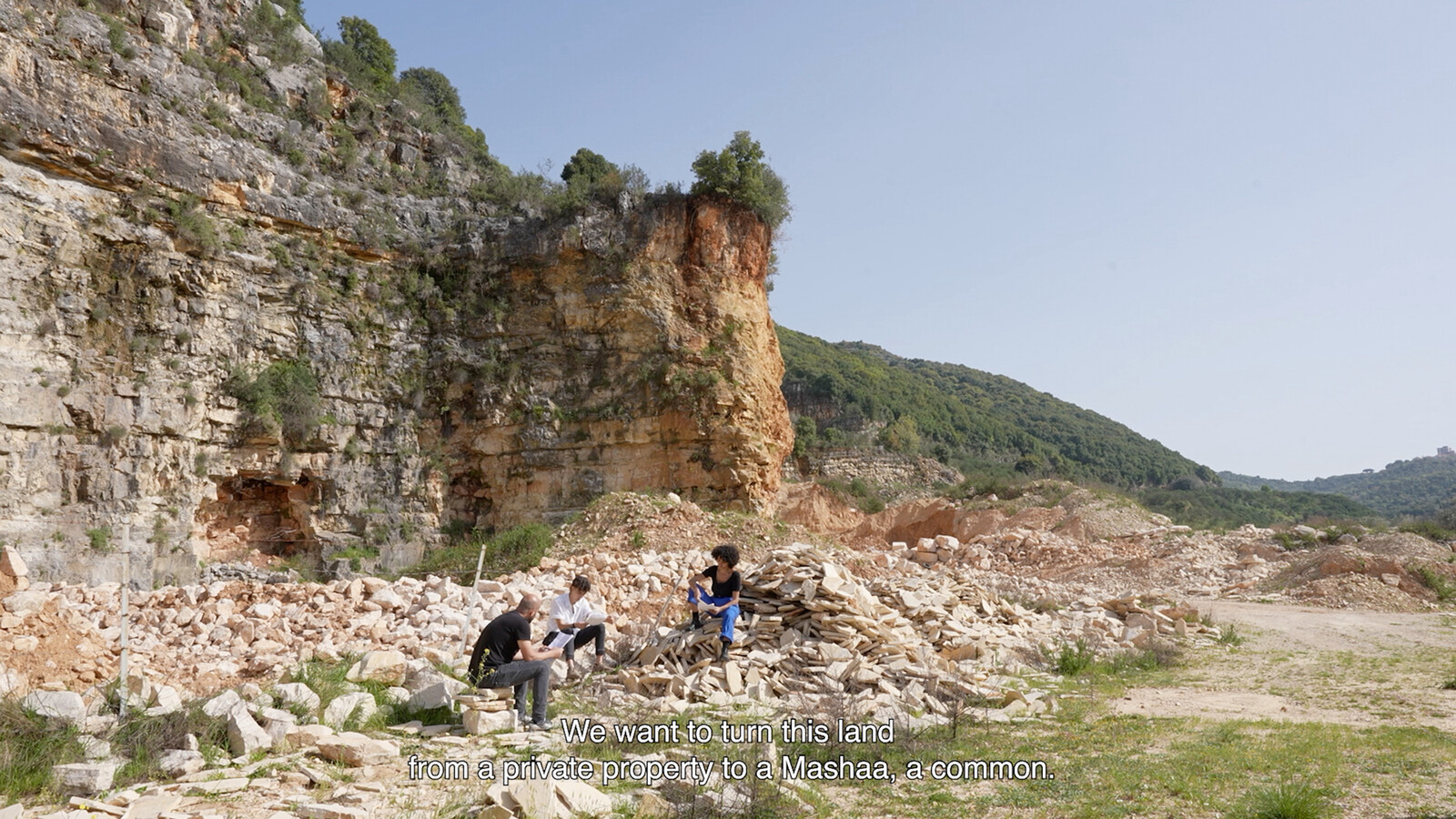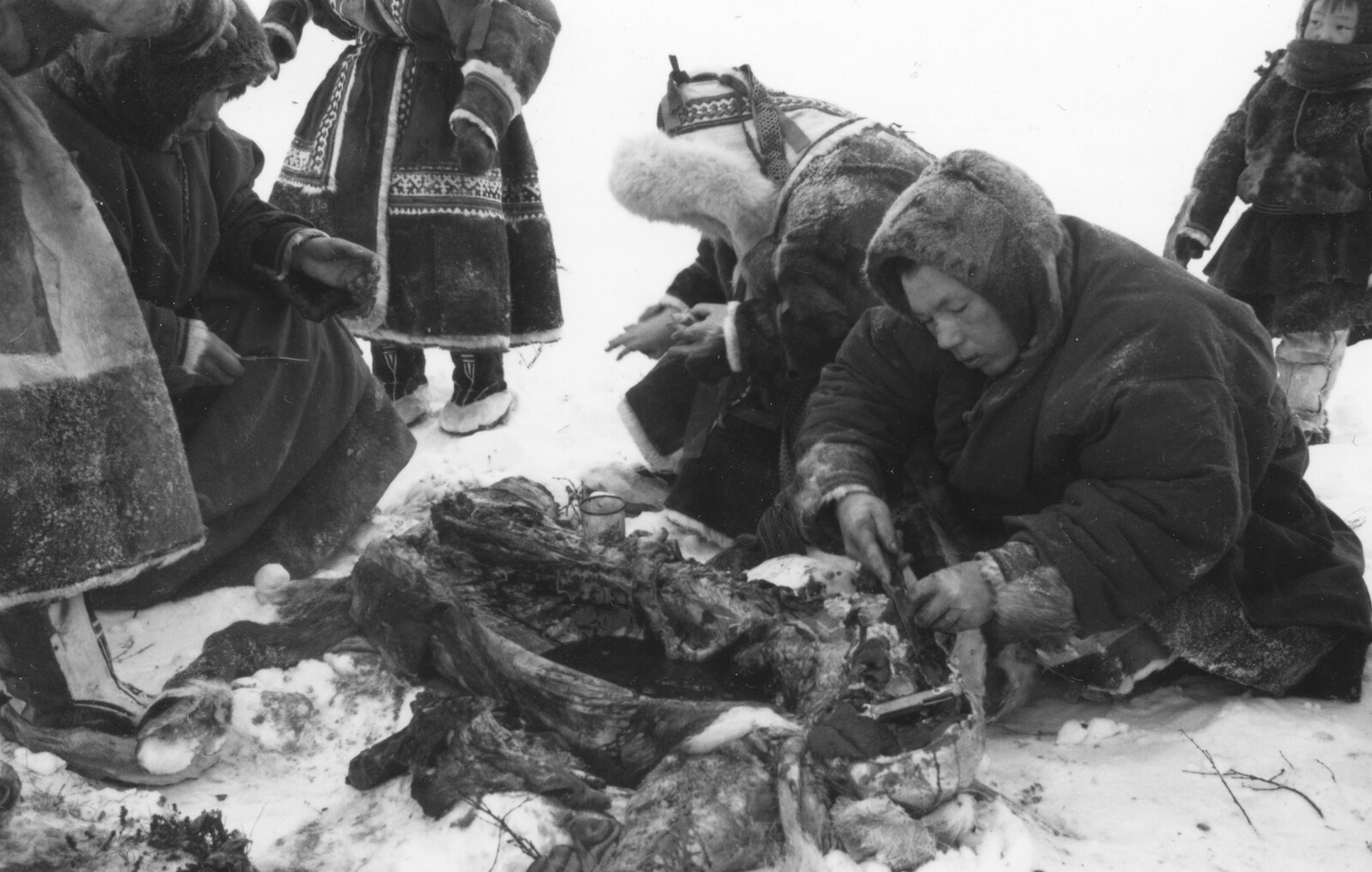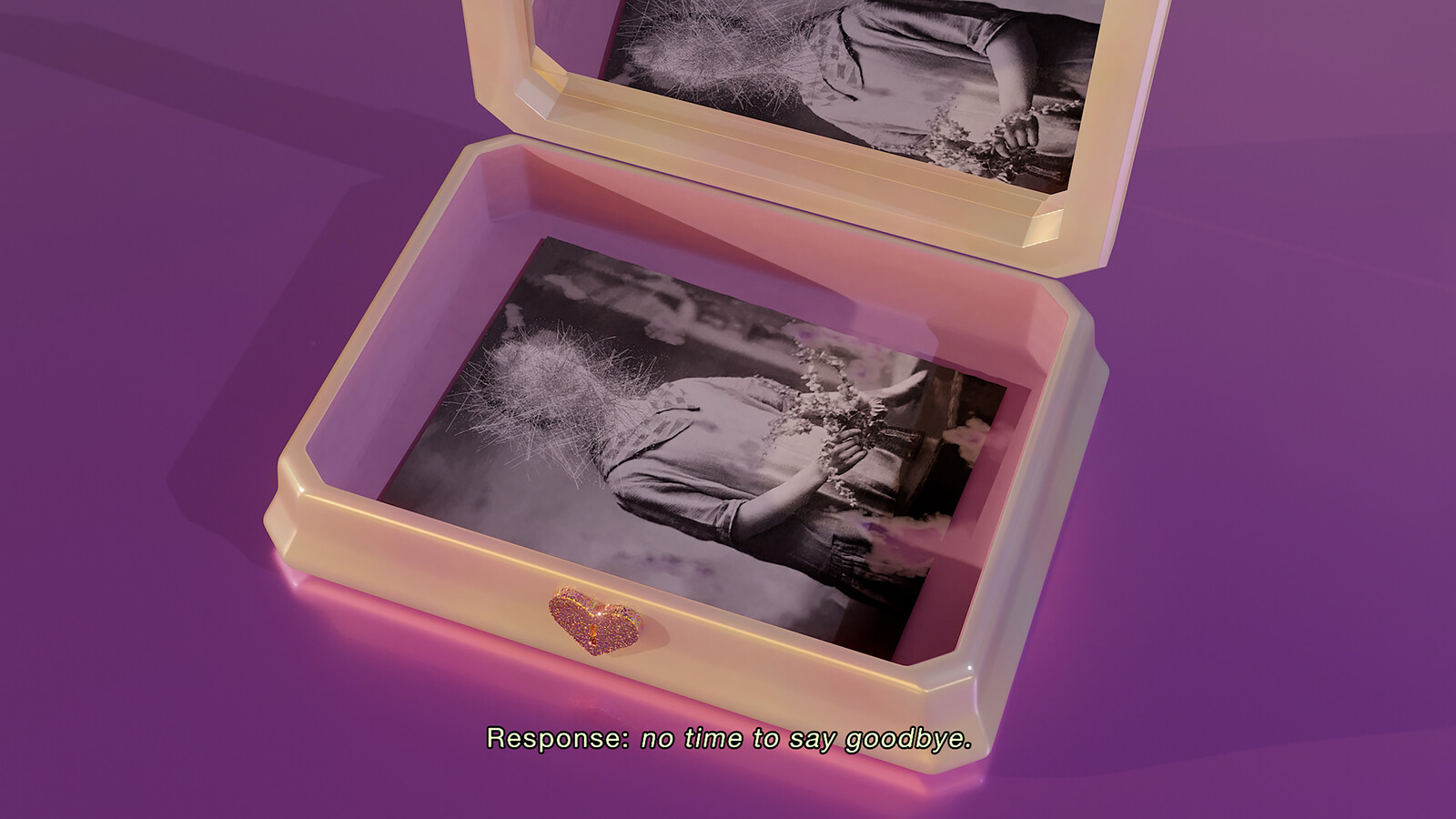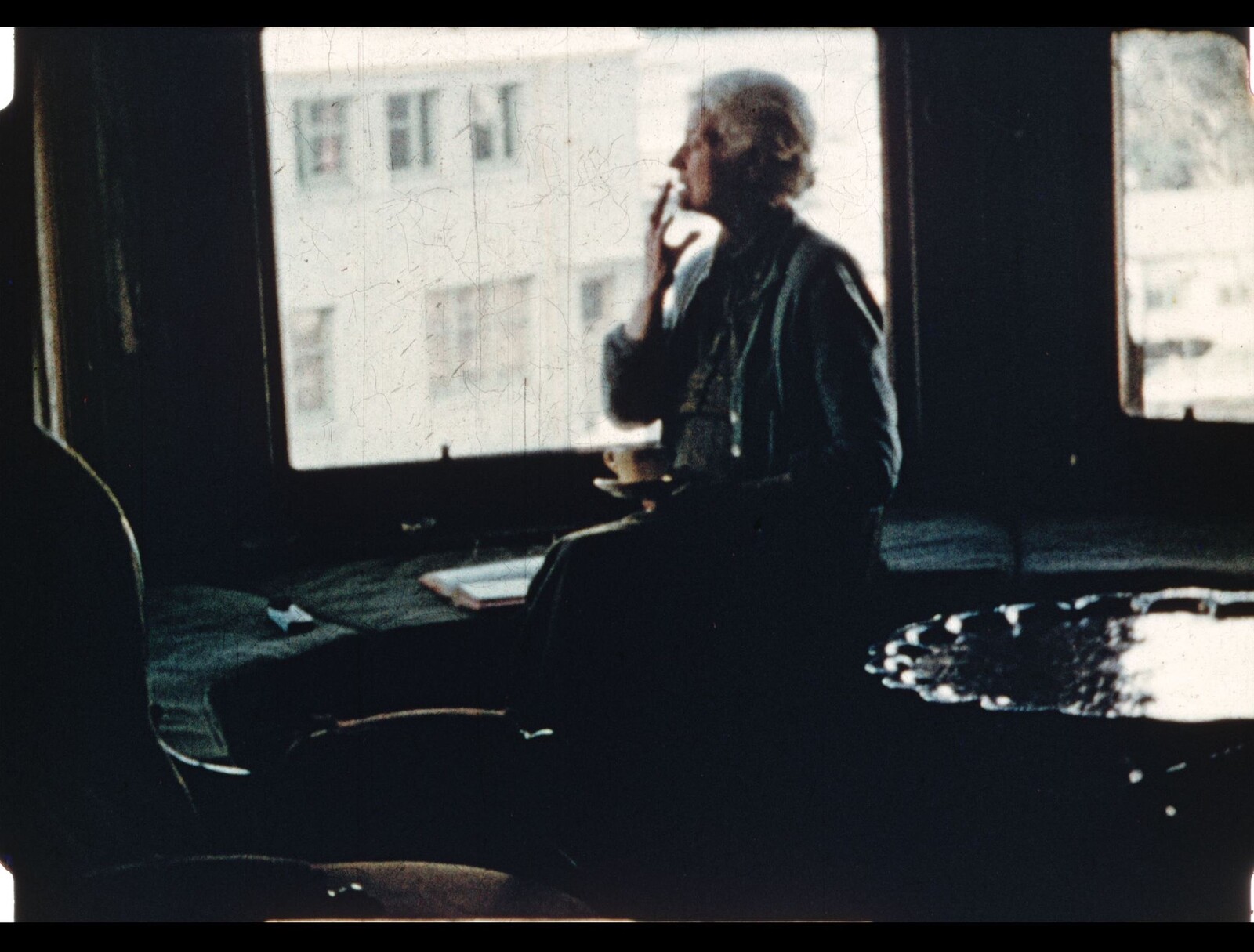March 3–5, 2023
This year’s Berwick Film and Media Arts Festival (BFMAF) took place for the first time in the spring, befitting a rich slate of films that explored themes of renewal: of history, archives, and land. Loosely dedicated to emergent practices in the space where “cinema” and “artists’ moving image” intersect, BFMAF has since its inaugural 2005 edition taken as given the intertwinement of the aesthetic and the political, and refused antagonisms between fiction and non-fiction, shorts and features, old and new. While experimental documentary forms dominated its eighteenth edition, many highlights looked to the liberatory capacities of narrative fiction and performance, as subjects and strategies of excavation.
A mini-retrospective of films by Anastasia Lapsui and Markku Lehmuskallio, curated by long-time BFMAF programmer Herb Shellenberger, formed one throughline. The duo’s films are made among the Nenets people of Arctic Russia, of whom Lapsui is a member. Their distinctly embedded cine-poetics—a “Fourth Cinema” practice developed over the last four decades—anchored a festival in which queer and Indigenous modes of documentary fabulation proliferated, as filmmakers exploded specific ties to land and place through performative, sublime, and fantastic means.
Life on the CAPS (2022), the final part of Meriem Bennani’s sprawling trilogy of speculative fictions, was a standout example. Set on the titular island—a vast, dystopian migrant holding-zone—the video weaved found digital footage, lo-fi scripted scenes, raucous animation, and musical interludes. It was a highly impactful and inventive portrait of the chaotic disorientations wrought by displacement, even if its frenetic tonal gear-shifts sometimes threaten to undermine our ability to fully invest in its worlds. I found unexpected assonances between Bennani’s video and A mother’s love for her baby (2022), from Cat and Éiméar McClay. Both negotiate tensions between the found and the fabulous, and between kitsch aesthetics and socio-political contestation, to excavate collective traumas—in the McClays’ case, the legacies of the Magdalene Laundries: the institutions founded by the Catholic Church to house “fallen women” (and, very often, to deprive them of children born out of wedlock). BFMAF’s sustained platforming of these young filmmakers (the McClays graduated in 2020) represents the festival at its best, their work led by experimental writing but remaining distinctly cinematic, marked by its intensity and strangeness.
Elsewhere in the New Cinema Award program—substantially composed of films produced for gallery contexts, making their festival and/or UK premieres in the chandeliered confines of the Maltings’ theater space—artists repeatedly sought novel methods of narrating intimate relationships to sacred or imperiled terrains. Fox Maxy’s F1ghting Looks Different 2 Me Now (2022) was a highlight, a delirious collage of distorted pop songs and home videos which centers on a stand-off between the artist and tribal authority figures in the ancestral lands of the Mesa Grande. Marwa Arsanios’s Who Is Afraid of Ideology? Part 4: Reverse Shot (2022), premiered last year in Documenta 15, uses long scenes of scripted dialogue to unravel the shifting meanings of land and property ownership from the vantage of a remote part of Lebanon.
An often understated aspect of film festivals is how their temporally and spatially contingent nature impacts upon the reception of their films. This year, news that the Maltings Theatre, BFMAF’s base, was imminently to close for capital redevelopment intensified the place-based principles of so much of its program. In a Q&A following her profoundly moving Last Things (2023), the American filmmaker Deborah Stratman offhandedly referred to cinema as “just a pressurized bag o’ time.” This description lingered, particularly as that film’s geological expeditions and archival poetics seemed to literalise the excavatory impulse connecting so many of the films at BFMAF. Stratman looks to glaciers, rocks, and minerals to argue for “a polytemporal worldview” in how we navigate terrains both geographical and, implicitly, cinematic, the moving image being particularly well suited to layering voices, places, and timescales. Running to a compact fifty minutes, it’s a work of virtuosic ambition.
In a similarly associative and polyvocal vein, Luke Fowler’s Being in a Place: A Portrait of Margaret Tait (2022) burrowed into the “fugitive archives” of the Scottish filmmaker, the offcuts and ephemera considered unsuitable as “official” records of her life’s work. Fowler musically wove together discarded footage, interviews, and correspondences—largely involving Tait’s development of an unfinished, late-career film about Orkney for U.K. television. A picture emerges of a body of work whose uncommon poetry was not inevitable or divine, but the product of frequently frustrated labour.
As the title suggests, Being in a Place is also a film about the mining of landscapes as a meaning-making practice, emphasizing montage as a tool of remaking and rehearsal. It highlighted an aspect of this year’s program more broadly: that it elasticated the audience’s capacity to imagine the possibilities of cinema, and of documentary media more widely, as it pertained to the invention, reconfiguring, and remembrance of place—in ancestral lineages, the here-and-now, and the wildest of fantasies.
